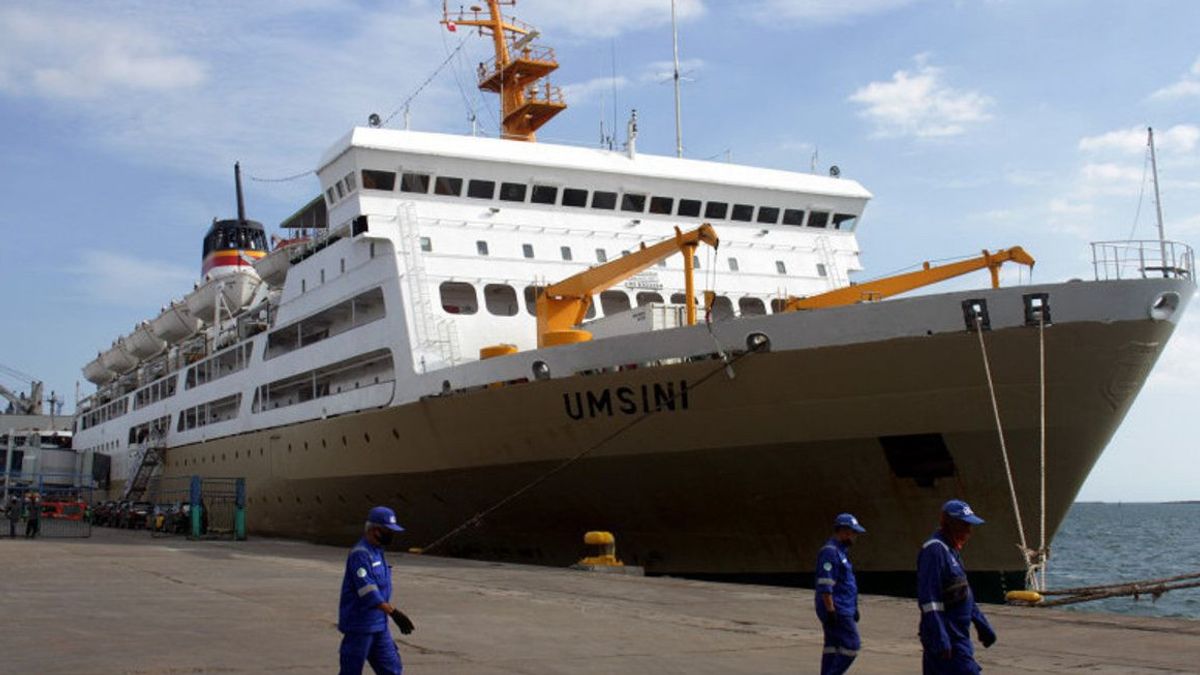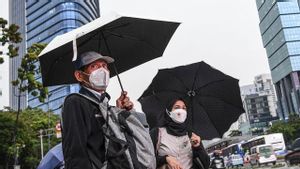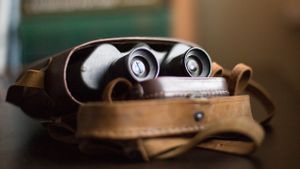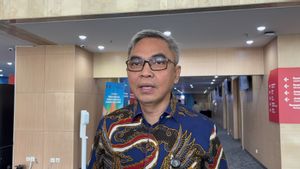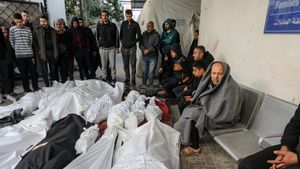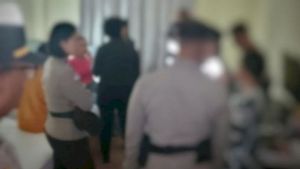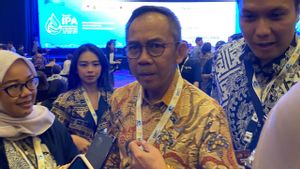JAKARTA – The COVID-19 pandemic has overwhelmed hospitals and health workers to serve the increasing number of patients. During this pandemic, many PELNI ships were not operating due to the PPKM (Community Activity Restrictions) program which was intended to reduce population mobility. Because it is not operating, the PELNI ship is used for patient isolation in several areas.
"The COVID-19 pandemic has had an impact on the number of passengers transported by PELNI's fleet of ships because there are policies to control community mobility, such as eliminating the 2021 homecoming transportation, closing several ports in the context of PPKM, to tightening travel requirements by sea transportation. The number of customers on passenger ships during the first semester of 2021 was recorded at 968,498 customers. This number decreased by 2.7 percent when compared to the first semester of 2020 which reached 995,749 customers", explained PT PELNI Director Insan Purwarisya L. Tobing in a written statement to VOI recently.
Meanwhile, he continued, the number of pioneer ship passengers in the first semester of 2021 rose 33 percent compared to the same period last year, or from 200,189 customers to 266,456 customers.
Freight
For freight transportation, Company data shows that in semester 1-2021, PT PELNI's freighter has transported 6,005 TEUs of cargo, consisting of 3,704 TEUs of departing cargo and 2,301 TEUs of return cargo. "Compared to 2020, the company only transported 3,242 TEUs of cargo in semester 1", explained Insan.

In addition, the cargo on passenger ships also increased. It was recorded that during Semester 1-2021, General Cargo on 26 passenger ships rose 33 percent or increased by 4,062 tons, while cargo on passenger ship containers increased 27 percent or increased by 1,180 TEUs compared to 2020 in the same period.
Vehicle loads on passenger ships also showed a positive trend, continued Insan, which was up 56 percent or an increase of 2,219 vehicles compared to Semester 1-2020. "The highest cargo growth in Semester 1-2021 was in Redpack cargo of 355,466 kg, which was an increase of 177,572 kg or an increase of 99.8 percent compared to semester 1-2020", he explained.
Patient Isolation
During this pandemic, several PELNI ships were used as a place to isolate COVID-19 patients. "The use of the PELNI ship as a floating self-isolation place for COVID-19 patients started with an initiative from the Makassar City Government which submitted a request to use the PELNI ship as a city-scale floating isolation place, seeing the spike in COVID-19 cases that were confirmed to be active in Makassar City", said Insan.
With the support of the Ministry of Transportation and collaboration with the Makassar City Government, KM Umsini, which has temporarily stopped operating (port stay) is used as an isolation location for asymptomatic COVID-19 patients (OTG) to COVID-19 patients with mild symptoms.

"Seeing the success of the implementation of floating isolation in Makassar City, the Ministry of Transportation and PT PELNI signed a cooperation agreement with the Local Governments of Bitung City, North Minahasa Regency, Medan, Sorong and Jayapura to do the same thing", he said.
To date, five PELNI passenger ships have been used as centralized floating isolation locations, namely: KM Umsini in Makassar with a capacity of 785 beds for patients and 64 beds for health workers. Then KM Tatamailau for Bitung City and Kab. North Minahasa with a capacity of 448 beds for patients and 10 beds for health workers. Then KM Bukit Raya in Medan City with a capacity of 450 beds for patients and 13 beds for health workers. KM Sirimau in Sorong City with a capacity of 449 beds for patients and 11 beds for health workers and KM Tidar in Jayapura City with a capacity of 873 beds for patients and 56 beds for health workers.
Passenger Candidate Requirements
In carrying out operational activities, PELNI refers to the SE of the Ministry of Transportation Number 59 of 2021 and the SE of the COVID-19 Handling Task Force Number 16 of 2021. Based on these rules, all prospective passengers who will travel with PELNI ships:
1. Must show a vaccination certificate at least the first stage. Passengers who have not been vaccinated for medical reasons must be proven by showing a Certificate from a Specialist Doctor
2. Must include a certificate of negative PCR Test results with a sampling period of 2 x 24 hours or negative results of rapid antigen tests whose samples are taken within a maximum period of 1 x 24 hours before departure.
3. Passengers who travel across regions that apply PPKM with different levels, must meet the provisions of travel requirements in areas that apply the highest level of PPKM.
4. Passengers under the age of 12 (twelve) years are temporarily restricted.
5. Obligation to carry out general health protocols during the voyage, including:
- Complying with the 6M health protocol (wearing a mask, washing hands with soap under running water, maintaining distance, avoiding crowds, reducing mobility, and avoiding eating together);
- Wearing a mask properly (covering nose and mouth);
- The type of mask used is a medical mask or a cloth mask of at least 3 (three) layers;
- Not allowed to speak one way or two directions either by telephone or in-person during the trip;
6. Must fill out the Declaration Form (attached) before purchasing tickets at each branch counter.
7. Passengers are required to fill out the e-HAC application and always comply with the entry requirements of the port of destination.
SEE ALSO:
The ship's crew also routinely sprays disinfectants and cleans the ship's rooms, passenger seats/mattresses, and provides hand sanitizer at the corners of the ship. While onboard the ship, passengers are also required to maintain a distance between passengers and several requirements for implementing other health protocols.
“As part of the implementation of the health protocol, PELNI ships only carry 50% of passengers from their installed capacity. Since the PPKM period was implemented, PELNI has also disabled the online ticket sales channel. Boat tickets can be purchased at the counter at the branch office with a cashless (non-cash) payment method", said Director of PT PELNI Insan Purwarisya L. Tobing.
The English, Chinese, Japanese, Arabic, and French versions are automatically generated by the AI. So there may still be inaccuracies in translating, please always see Indonesian as our main language. (system supported by DigitalSiber.id)
